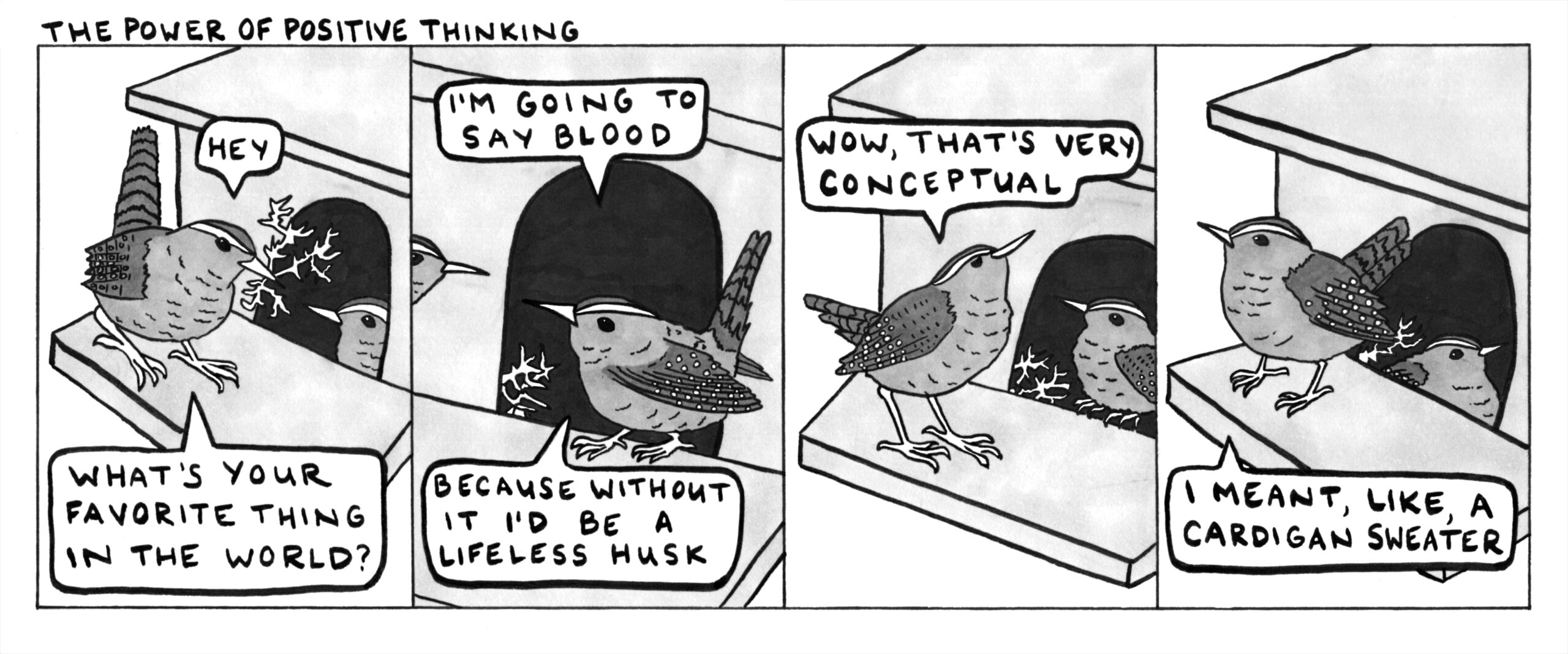Yesterday, as I was reading Natalia Ginzburg’s Family Lexicon over lunch, I thought about the ways that my own family language—our shared references, jokes, and points of reference—are so deeply steeped in pop culture. For every abstract invented joke about fitting babies in a white wall tire there is an equal gravitational pull towards a Simpson’s quote or the Duck Tales theme song. My family has always cohered around shared entertainments, bundling together into my dad’s basement rec room or huddling around my mom’s living room TV to binge an entire season of a show, even when we were binging it off DVDs or even a stack of home-recorded VHS tapes.
There is a conversation that crops up on the literary internet about whether pop culture references should be taken out of literature—and when I say “conversation” I mean that occasionally a strong-minded person will say that we absolutely should write stories, novels, and poems devoid of any pop culture that risks quick obsolescence to give our work a chance at “lasting”—and then a swift cascading response from people who find that stance, for various reasons, stupid. Because of course you can’t write without your own context; your world and experience will always leak in.
I am not on either side of this particular divide. I do agree that stripping every reference away is self-defeating and futile—why, after all, would we want to pretend we are writing from a formless nowhere? If we were, what on earth would we be trying to say? But I also find myself taking out brand names whenever possible, avoiding the shortcut language of specific people or TV shows or songs when I want to talk about a larger cultural feeling. You usually can write around the specific; but then again, the specific is sometimes the purest, the funniest or most poignant thing.
What I realized in thinking about Ginzburg’s book, as I said on Twitter, is that the reason we seem to want to strip these references out is that we have very little regard for some of them; we’re full of weird shame. We judge our cultural touchstones in the same way we judge ourselves for liking them, for having shallow interests or enjoying something funny and dumb. We choose those things to strip out under the assumption that the people of the future will have outgrown our silly preoccupations, devising some new and better social media, falling in love with better music and stories. Using fewer and better words.
But the thing about Ginzburg’s book is that it is personal and intimate, and thus precise; not all of her references land, either. She refers to her father’s friendship with certain Italian socialists or anti-fascists as if this should be an obvious shorthand for their family milieu, and probably it was at a certain time, for certain readers. Less so for me. But it doesn’t really matter, because when she says “he was in a circle with [name 1] and [name 2]” (sorry, I am obviously not actually quoting), she transmits the sound of their own familial conversation, just as she does when she shares the five or so lines she remembers her grandmother repeating. We don’t have to understand the origins of the friendship or joke: in some cases, Ginzburg herself doesn’t remember. What she remembers instead is the sonic quality of the actual words, which echoed around in her head for all the years of her life. That is what she is transmitting to us. Not the actual knowledge of an entire network of lives or minds, but the shape of one mind within that network. The sound of it.
So do we do ourselves any favor when we elide this specificity ourselves? I’m not sure. Of course in fiction, we’re not necessarily sharing our own family language. We are often inventing a new one, which will be inflected, of course, by our own, but necessarily different from it. So we get to make those choices differently every time. Invent a family that is all pop culture, or none. But either way, we still have to recognize the sounds ricocheting around the world as we write.
What do we do with our own history? Which parts do we keep, and which parts do we give away? Which parts to we transform? These questions are the privilege of artists. Not an easy privilege, always, but always renewing, and therefore interesting to me.
Outside, it is raining. Yesterday it was windy, in anticipation of today’s drop in temperature, and a hawk was having a good time riding that wind, gliding down so low that it buzzed me and Paul, we could practically feel the jet stream of the wings and today it is raining and everyone is hiding, including that hawk. Because every day has a different need, a different tone, a different lexicon. And today it is sharp and cold, grey and ruffled. Tomorrow, who knows.
In etcetera:
- I published some Valentines for People You’re Committed to Destroying in Secret this week with the journal HAD, and even though Valentine’s Day has passed, you can still enjoy them
- It’s never a bad day to pre-order End of the World House (lots of pre-order options on my website; you can also ask any indie bookstore to order it for you)
- That’s it
